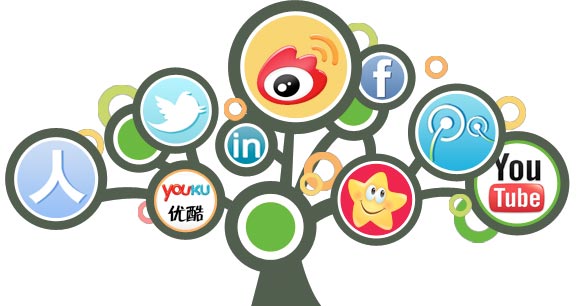China creates its own Wikipedia
May 3, 2017 | Expert Insights

What are the benefits of the internal social media?
The government of China has decided to launch third edition of nationalised encyclopaedia to compete with Wikipedia. 20,000 scholars and teachers from state run universities are currently working on the project. China has successfully launched home grown social media sites such as Weibo, Wechat, Douban and Kaixin001 in the past. These social networking sites were launched to replace the western sites such as Twitter, Google and Facebook. Today China has the world’s biggest Internet user base around 513 million people[1].
State monitored social media.
Though the Chinese constitution does provide for freedom of speech and press, they are subjected to certain restrictions. These restrictions allow the government to monitor the social media sites to prevent the spread of anti-national sentiments. The Chinese internet companies have to sign the “Public Pledge on Self-Regulation and Professional Ethics for China Internet Industry” in order to function in China.
Though there are restrictions, this has resulted in a growth of home-grown, state-approved internet services. China started using social media such as online forums and communities in 1994. The country switched to instant messaging in 1999. Blogging became popular in 2004 followed by social networking sites with additional facilities for chatting such as Renren a replacement for Facebook coming into existence in 2005. Sina Weibo, a replacement for Twitter was introduced in the year 2009. Weixin or Wechat was introduced as an app which could act as both a chatting messenger as well as online platform for payment similar to paypal.
Analysis
Russia in 2014 passed a law making it mandatory for bloggers to register with the mass media regulator, Roskomnadzor, and conform to the regulations that govern the country's larger media outlets. The government also announced its plan of creating the Russian version of Wikipedia as well. Also, on 29th April 2014 the government of Turkey banned Wikipedia citing the law that allows it to ban access to websites deemed obscene or a threat to national security.
Countries such as Vietnam, Iran, Egypt, North Korea and Pakistan have banned social media sites such as well. World’s largest democracy India has also joined the group with ban of 22 websites in Kashmir. When internet is monitored closely by the government it does raise certain questions such as legitimacy of the content available online. The government having complete control over the national encyclopaedia enables the authorities to distort material facts and lead citizens astray from the actual truth. Examples of the same can be seen with the government banning all information regarding Dalai Lama and criticism against Xi Jingpin
Assessment
Rewriting history cannot hide the atrocities committed in the past. The government tracking day to day activities on social media of individuals for “security purposes” is clearly a violation of the citizen’s rights to freedom of speech and expression. Internet is a platform for expression of views and ideas. It is a global forum where the people can analyse and criticise actions of governments and stand for what they believe in. Imposing restrictions on social media would only result in citizens resorting to illegal means such as the dark web to access the external information and media. This could further lead to growth of other crimes such as drug dealing, terrorism etc.








Comments